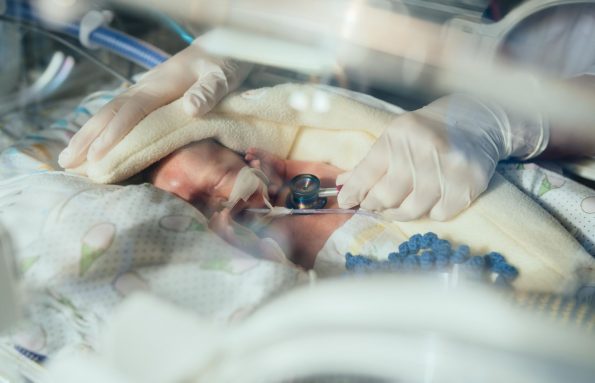Pregnant women with breast cancer face a unique set of circumstances, however, there are numerous ways to
successfully manage both
breast cancer treatment and motherhood. In this article, we’ll explore the treatment
options available to pregnant women with breast cancer so that both the mother and child are as healthy as possible.
“While I was pregnant, I was diagnosed with breast cancer; it was devastating, and even after giving birth, I was
still fighting the disease. Now, I have beat the cancer and my son is two years old and very healthy. Always have
strength and know that you can survive – I am proud to have overcome this journey for both myself and my
child.”
Manal Al Balooshi, Breast cancer survivor
Treatment options for pregnant women
Managing your
breast cancer treatment and maternity journey requires close collaboration with your healthcare team,
involving both oncologists and obstetricians. This ensures that your unique needs are accounted for, forming the
basis of your treatment plan and safeguarding the wellness of both you and your baby. Factors that influence your
treatment include:
- The size and location of the tumor
- How far along you are in your pregnancy
- The stage of the cancer
- Your overall health
Surgical options, such as a mastectomy or lumpectomy, are generally safe during pregnancy. They can affect your
ability to breastfeed, so alternative options, such as using a formula, are available.
In addition, certain dyes used during a sentinel lymph node biopsy may affect the health of your baby and doctors
will avoid this procedure until later in your pregnancy.
Options such as radiotherapy, targeted therapy or hormone therapy are also generally avoided for women who are
pregnant, as the risks include:
- Miscarriage
- Slow fetal growth
- Birth defects
- A higher risk of childhood cancer
Chemotherapy is considered safe if given during the second or third trimester. However, it’s not recommended when a
woman is close to delivering due to an increased risk of infection.
After having your baby
In order to prevent medications from being passed on through milk, you may be advised to wait a certain period before
breastfeeding or avoid it entirely. After you give birth, regular follow-ups and monitoring will help make sure you
and your baby are healthy. If necessary, your treatment plan may be modified to ensure you receive the ongoing care
you need.
If you notice any signs or symptoms related to
breast cancer, our multidisciplinary team is here to provide holistic
support to you during your pregnancy. Both your health and your baby’s health deserve strength, and early detection
is essential to doing so. With attentive care and tailored treatment options, you and your child will be able to
lead thriving, healthy lives.






